B. Alan Wallace is an author, translator, teacher, researcher, interpreter and Buddhist practitioner interested in the intersections of consciousness studies and scientific disciplines such as psychology, cognitive neuroscience, and physics. Stated simply, Wallace endeavors to chart relationships and commonalities between Eastern and Western scientific, philosophical, and contemplative modes of inquiry.
B. Alan Wallace is an author, translator, teacher, researcher, interpreter and Buddhist practitioner interested in the intersections of consciousness studies and scientific disciplines such as psychology, cognitive neuroscience, and physics. Stated simply, Wallace endeavors to chart relationships and commonalities between Eastern and Western scientific, philosophical, and contemplative modes of inquiry.
Alan Wallace was born in Pasadena, California, in 1950, the son of Protestant theologian David H. Wallace, and was raised in the United States, Scotland, and Switzerland. In 1968, he began his undergraduate education at the University of California, San Diego, with an emphasis on biology and philosophy. He spent his third year abroad at the University of Göttingen, Germany, where he shifted the direction of his studies to Tibetan culture and language. Wishing to immerse himself more fully in the study and practice of Tibetan Buddhism, in 1971 he discontinued his university education and moved to Dharamsala, India, where he enrolled in classes at the Library of Tibetan Works & Archives, which was established in that year under the auspices of the Dalai Lama. In 1973, as a newly ordained Buddhist monk, he enrolled in the Institute of Buddhist Dialectics, where he trained until 1974. The following year he received full monastic ordination from the Dalai Lama, who then encouraged him to join the renowned Buddhist contemplative Geshe Rabten at the Tibet Institute in Switzerland. Two years later, he continued his training and also began teaching at the Center for Higher Tibetan Studies in Mt. Pelerin, Switzerland, still training under Geshe Rabten and many other Tibetan scholars and contemplatives. In 1979, with the encouragement of the Dalai Lama, he returned to India, where he began a series of solitary meditation retreats, first under the direct guidance of the Dalai Lama, and later in Sri Lanka and the United States. In 1984, he enrolled in Amherst College, where, as an Independent Scholar, he studied physics, the philosophy of science, and Sanskrit, completing his undergraduate degree summa cum laude in 1987. In 1987, with the permission of the Dalai Lama, he formally returned his monastic vows, and two years later married Vesna A. Wallace, an accomplished Buddhist scholar in her own right. In that same year, he enrolled in the graduate program in religious studies at Stanford University, where he completed his Ph.D. in 1995. During these years at Stanford, he also continued his studies of the philosophy of science and of the mind. His main research centered on integrating Buddhism with Western science and philosophy with the aim of achieving a more comprehensive understanding of consciousness. In 1997, he joined the faculty of the Department of Religious Studies at the University of California, Santa Barbara, where he taught courses on Tibetan Buddhism, language, and culture, as well as the interface between science and religion. In 2001, he left his position at the university and devoted himself to a six-month solitary meditation retreat in the high desert of eastern California. In 2003, Alan established the Santa Barbara Institute for Consciousness Studies, a non-profit institution concerned with synthesizing scientific and contemplative inquiry into the nature and potentials of consciousness.
Alan Wallace
Publications:
Hidden Dimensions: The Unification of Physics and Consciousness.
Contemplative Science: Where Buddhism and Neuroscience Converge.
The Taboo of Subjectivity: Toward a New Science of Consciousness.
The Bridge of Quiescence: Experiencing Tibetan Buddhist Meditation.
Choosing Reality: A Buddhist View of Physics and the Mind.
Embracing Mind: The Common Ground of Science & Spirituality.
The Attention Revolution: Unlocking the Power of the Focused Mind.
Genuine Happiness: Meditation as a Path to Fulfillment.
The Four Immeasurables: Cultivating a Boundless Heart.
Buddhism with an Attitude: The Tibetan Seven-Point Mind-Training.
A Passage from Solitude: A Modern Commentary on Tibetan Buddhist Mind Training.


